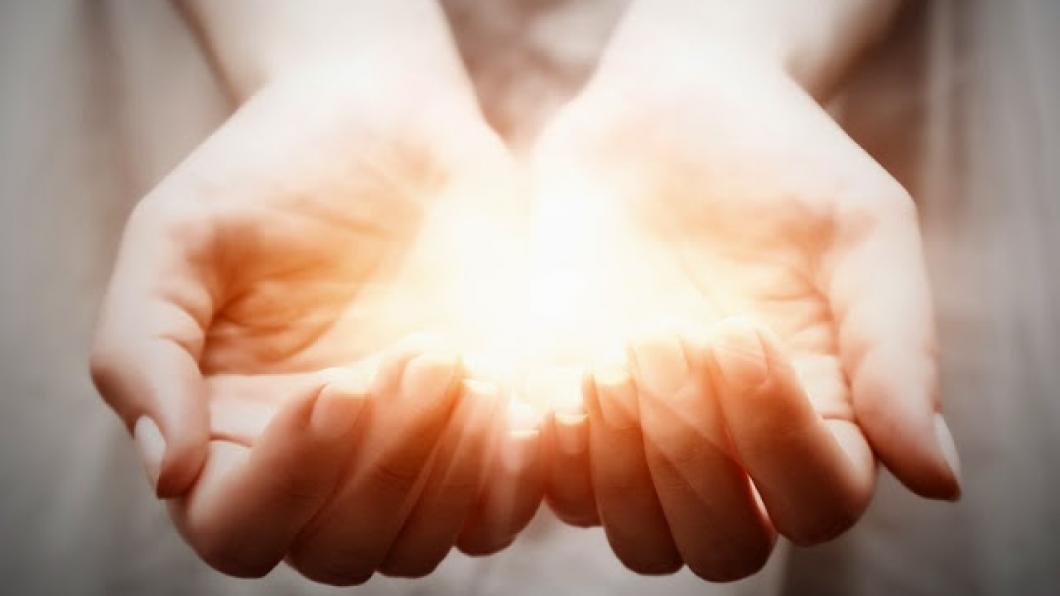
Self-compassion may fuel parent resiliency
By Louise Kinross
Greater self-compassion was related to less stress and depression in parents of adults with developmental disabilities, according to a study in the Journal of Applied Research in Intellectual Disabilities.
The findings are based on self-report measures of 56 Toronto parents who attended one of two six-week groups as their children waited for services afterleaving high school. One was a mindfulness group where they were taught to pay attention to their feelings and thoughts in an accepting, non-judgmental way. The other was a group providing information and support on getting services, many of which are wait-listed. One-quarter of the adult children didn't have anything to do weekdays.
The paper defines self-compassion as “being touched by and open to one’s own suffering, not avoiding or disconnecting from it,” and “generating the desire to alleviate one’s suffering and to heal oneself with kindness.”
The two parent groups didn’t focus specifically on self-compassion, but the mindfulness group included learning how to do a loving kindness meditation that begins with a focus on the self.
The current study found self-compassion was negatively correlated with depression and stress—even after controlling for parents’ perceived caregiving burden; for parents of children with autism, who sometimes have more stress and depression than parents of children with other developmental disabilities; and for neighbourhood income.
“Self-compassion is something that matters and that we need to pay more attention to,” says investigator Dr. Yona Lunsky, a senior scientist at CAMH who partnered with Developmental Services Ontario and Community Living Toronto to run the groups. “Parents are very compassionate when it comes to their own kids, but do they have that same compassion for themselves?
“Often, these parents feel inadequate. Why do they feel inadequate? Because of all of the things they’re supposed to be doing to make sure their child is okay. Sometimes those things work, and sometimes they don’t, and sometimes that’s hard on parents. They may experience inner psychic pain, or the pain of the child or spouse or other siblings.”
Parents’ first reaction may be to dismiss that discomfort. “We don’t have time and we’re scared to look at what’s going on in ourselves—that we are suffering. We think ‘If I’m going to be strong, I won’t pay attention to that, and I’ll keep going.’ But if we’re disconnecting and pretending it’s not there, we’ll never relieve that suffering, and our approach will eventually be harmful.”
Yona likens it to an athlete who continues running on an injured knee. “You have to notice what’s going on when you’re in pain, so you can treat it with gentleness and love and care.”
Parents often feel an automatic sense of compassion for their child, but don’t extend the same kindness to themselves. “Maybe instead of berating yourself because you did something wrong, you can forgive yourself, or notice how you’re experiencing it, or just be gentle. It’s about gentleness.”
Yona notes that there’s a body of literature on self-compassion in the general population, but work looking at its role in parenting children with disabilities is early and emerging.
“We had a sense of self-compassion's importance for parents from past research, but this is the first study to demonstrate its association with mental health for parents of adults with developmental disabilities," says Suzanne Robinson, a graduate student at York University who was lead author and analyzed the data for the study. Suzanne is doing her PhD in clinical developmental psychology and worked as a summer research student at Holland Bloorview in 2010.
Yona says future research could look at understanding why some parents of children with disabilities are more self-compassionate than others, and how to foster self-compassion in this population.
You can contact Yona at Yona.Lunsky@camh.ca.